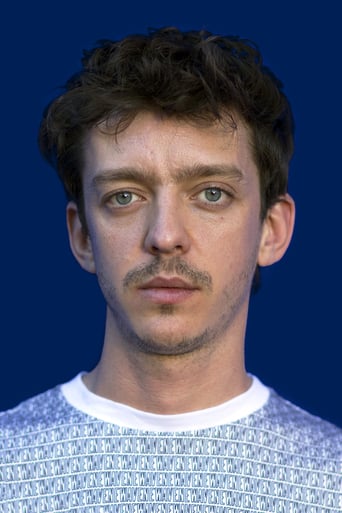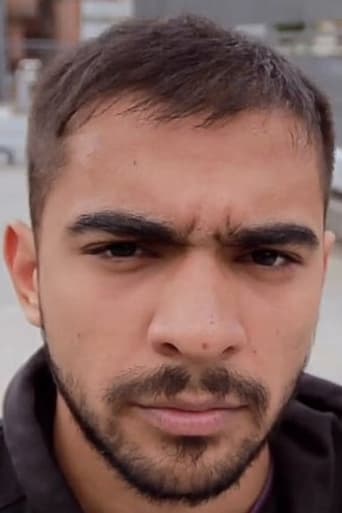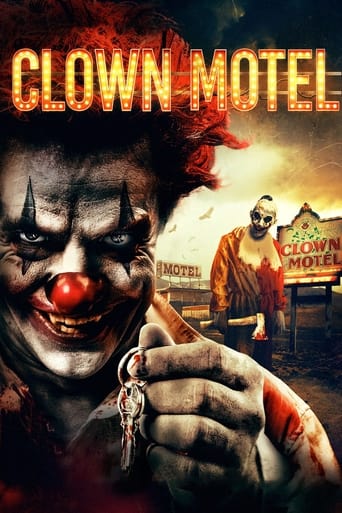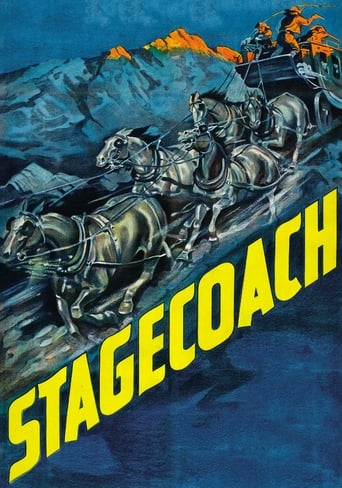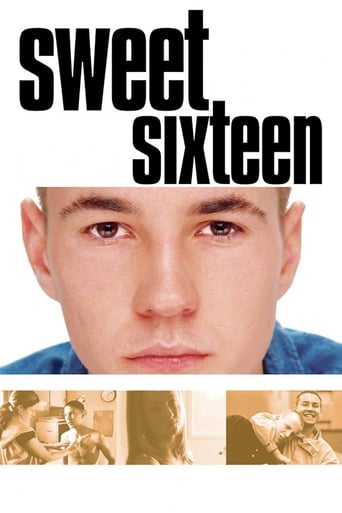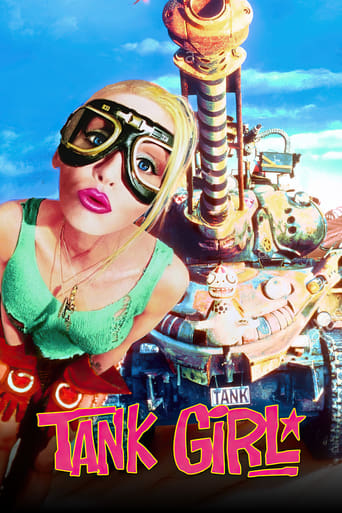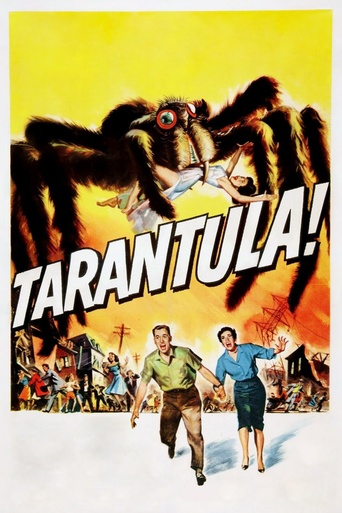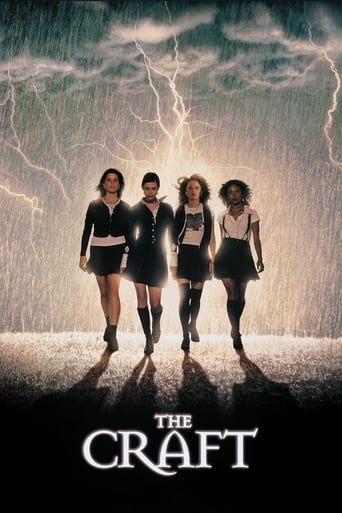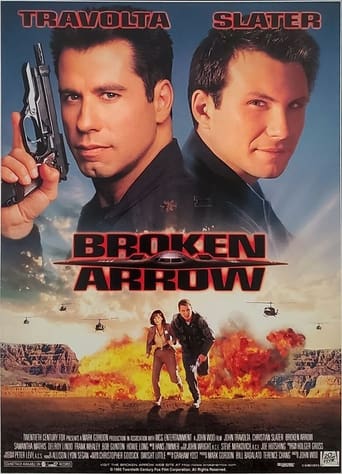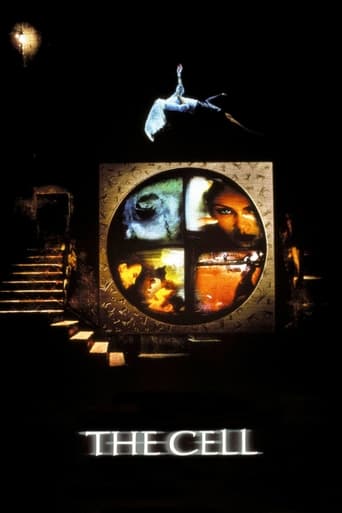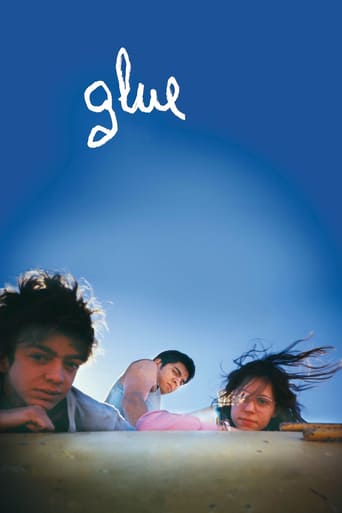
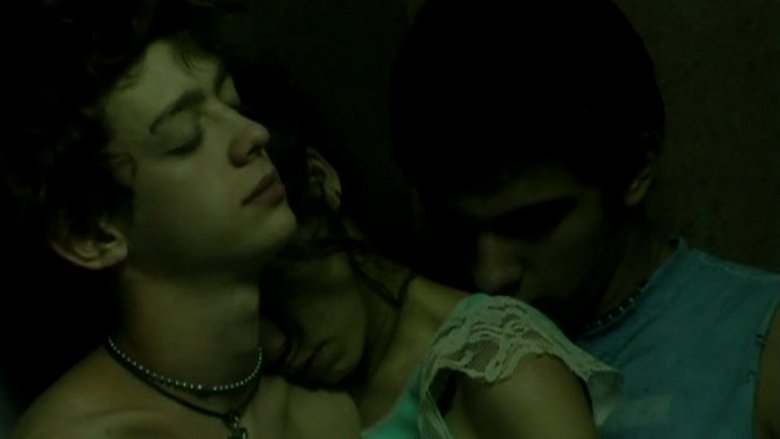
Glue (2006)
A teenage summer in a small town in the desert, a dysfunctional family, a rock band, a can full of glue, two boys, one girl, loads of tongue kisses, dry heat, wind in Patagonia, existential angst... A teenage story in the middle of nowhere.
Watch Trailer
Cast


Similar titles
Reviews
We get a realistic view of the turmoil three teenagers experience as they become young adults. Lucas's adulterous father got kicked out of their house in a small town in rural Patagonia, and forced to move to the city after one too many sexual escapades with the "fat cow", as Lucas's mother called the loose woman during a physical altercation. Lucas writes songs for the band in which he is a vocalist, and can rarely be seen without a walkman and earphones. His buddy Nacho is also in the band. Both 16-year-olds are randy as can get and dream of having a go at girls, or so they pretend. Andrea, a bespectacled chick in their neighbourhood, also has secret romantic fantasies. The two lads are rebellious and test the boundaries. One weekend they travel to the city, and have a gigglingly good time sniffing glue. It is suggested that while high they furtively grope each other. Back in their hometown the two young men have a successful performance of one of their songs, and in the post-performance euphoria they get drunk, and involve a tipsy Andrea in mutual hugging. In a well-executed scene we are presented with ambiguous footage, where the boundaries between choices of sexual partners become diffuse, without bothering any of the partners. The three are growing up and finding out who they really are.The strongest point of this film is the cinematography. The cinematographers largely made use of hand-held camera techniques - and take note I am generally not a great fan of hand-held footage, except perhaps during running and chase sequences. In this case it works extremely well. Parts of the film is taken with a filter giving it a 1960s colour and feel. The same applies to some footage which just as well could have been taken with a 8mm movie camera from the same period. A few scenes were taken at slow speed, e.g. those of the party with semi-intoxicated dancers, giving it a dreamlike feeling.Furthermore, excellent acting by the protagonists and a great soundtrack made watching this Coming-of-Age film an exhilarating experience. 7.5/10.
Passing puberty is seldom even, and current technological solutions enhance wishes and desires regardless of actual location; true, in more distant and deserted areas the options to fulfill them are more limited. Such an environment we see in Glue - Historia adolescente en medio de la nada, where, through the views and deeds of 16 or something year-olds Lucas, Andrea, and Nacho we get a picture how teens become adults in the Patagonian part of Argentina. Longing for sex and love, drugs or their substitutes, alcohol, cigarettes, making music - rather universal elements, but still boosted by remoteness and sameness.The adolescent performances (particularly Lucas (Nahuel Biscayart) Andrea (Inés Efron)) and direction are definitely above average, but the script - or its intentional inconsistency - leaves to be desired. There are some intriguing moments, but they are not developed, and the general result is somewhat arid and trivial. Camera-work and the choice of music are probably the strongest features of this film.So, not a conceptual creation, but still an okay change for English-speaking films so widely spread and distributed.
Alexis Dos Santos' Glue is an unpredictable film: surprising twists at the end would have been utterly unnecessary. This is not a story that needs to be resolved. It finds resolution in its own wandering narrative lines that intercross with each other and sometimes build up into new plots and sometimes just vanish into the seemingly vague introspective monologue of the main characters.Alexis Dos Santos creates a very interesting protagonist. A young boy that cannot yet define what it is he wants. A boy that can stare at the abyss without worrying about the abyss staring back at him (and in that sense, just like with Nietzsche's phrase, there is a full reaffirmation of life without going through the usual passages or topics). Lucas is a boy that notices with a strange fascination the hair protruding out of his best friend's armpit and wonders what the other boy might think of when indulging in solitary sexual stimulation.Michel Foucault's affirms that fantasizing must be taken into account if one intends to understand masturbation; in Foucault's terms, masturbation is impossible without the subject's fantasy; and it's because of this fantasy more than the act itself that people in the Victorian age tried, by any means possible, to eradicate onanism. Nonetheless, the viewer cannot be privy to Lucas' fantasies when he engages into such activities. Is it then the fantasy that works as the Aristotelian primus motor that leads Lucas acts? And if so, what is Lucas constantly fantasizing about? Lucas also thinks about what it means to be a man, and why is it that a man must act according to some unwritten and yet fully endorsed social law. Andrea, a friend of his, also asks herself why it is that some activities are considered masculine while others aren't, she questions gender differences and sees how arbitrary they can be. Destabilizing Lacan's masculine and feminine positions, both characters undermine the core of it all: the name of the father. It's the name of the father, or nom de père, that inscribes a subject into the symbolic order and inserts him into either the masculine or the feminine position. It's no surprise, then, to see that Lucas at first tries to eliminate his father from his life (a father who is already an absent figure, a situation that occurs with the rest of the characters as well).Can Lucas and his best friend Nacho continue to be friends despite Lucas hidden desire? It would seem like it as long as the friendship is structured upon an overtly heterosexual dynamic. This dynamic will be interrupted one night in which some boundaries are crossed and as a result Nacho feels guilty and decides to leave Lucas alone.As soon as the father reinserts himself into Lucas life, the nom de père settles in. Lucas discovers inadvertently that it is not his mission to undermine the structures but to take advantage of them. And conquering Andrea's affections he also regains Nacho's interest. Then only through Andrea's body will Lucas be able to enjoy Nacho's body. When this most peculiar ménage a troi is carried out masturbation is no longer necessary, but even with the other body Lucas is still forced to sustain the fantasy that has led him from the very beginning.
I just saw this at the Toronto International Film Festival, and although I had high hopes, I didn't love it. The concept is good and should have worked - i.e. the frenetic and disjointed experience of teenage realities in remote Argentina being translated cinematically by alternating concentration on both the mundane and the exciting, using a lot of guerrilla hand-held camera work, solarized post-production, random cuts and stop-motion editing of the film. But the end product appears weak... at one point my friend said "I don't think I can stand another abstract, hand-held, blurry, close-up - its making me dizzy." The pacing of the film is really slow too. But I agree with some of the above comments - there are moments that are very sweet/naive - a total immersion into the teenage experience.


